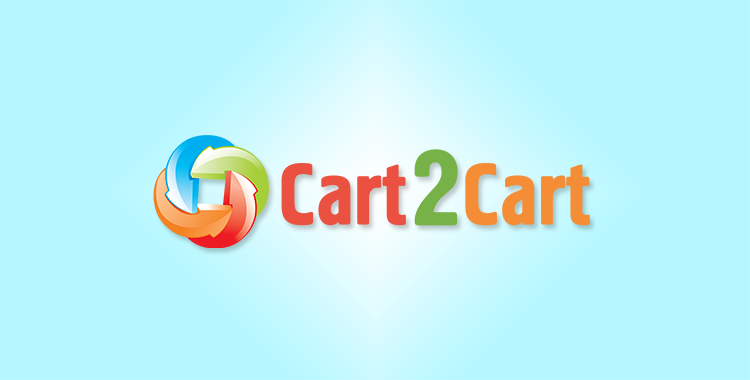
eCommerce is a booming industry that has rapidly evolved in recent years. It brought an opportunity to sell and buy whatever and whenever you want. However, a good Internet store requires an appropriate tool to establish it. Currently there are hundreds of platforms that you can built your webshop with, such as Shopify, WooCommerce, Magento, and BigCommerce. It’s easy to get lost in a vast number of options. In order to make your decision making process easier, here is a basic guide on major shopping carts, their types, advantages and disadvantages. For a detailed readiness check, explore our checklist for the perfect shopping cart.
Now when you’ve got a short intro into the world of eCommerce shopping carts you can select the platform that will best fit your needs. In case if for some reasons you would like to change your current cart simply use automated migration service Cart2Cart, which offers additional options. It provides error-free and fast migration to all major shopping carts. All you have to do is to create an account and proceed with free Demo Migration. After that you will be able to move your shop to a desirable cart in only a few hours. Remember to review our post-migration tips to ensure continued success.
Monthly Update – January 2026
As we step into 2026, the eCommerce landscape continues its dynamic transformation. A key trend emerging is the sophisticated integration of AI-powered analytics, moving beyond basic recommendations to predictive purchasing models that anticipate customer needs before they even search. This enables truly proactive marketing and inventory management, significantly reducing waste and improving customer satisfaction. Furthermore, the imperative for hyper-personalization is driving platform choices; merchants are seeking solutions that offer granular control over user experiences, from custom storefronts to tailored loyalty programs. The emphasis on mobile-first design and accelerated checkout processes remains paramount, as consumer expectations for speed and convenience continue to rise. Businesses should also be mindful of the growing demand for ethical and sustainable commerce, with transparent supply chains becoming a competitive differentiator. Adapting your online store to these advanced capabilities and evolving consumer values will be crucial for maintaining a competitive edge and fostering long-term growth in the year ahead.
For more details, explore our FAQ section or schedule a call with a migration expert.


